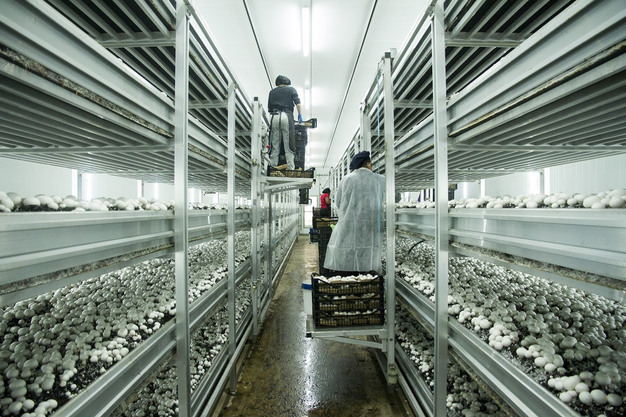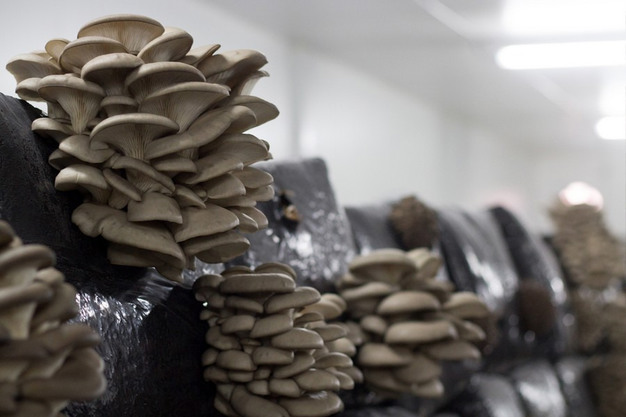With an annual turnover of around 120 million Euro and a total volume exceeding 78,000 tons, a figure that represents half of the national production, the mushroom sector is very important for the Spanish region of Castile-La Mancha; however, for some months now, producing companies have been affected by the shortage and rising cost of the raw material necessary for the crop's compost, cereal straw, forcing them to seek new strategies to maintain profitability in the short and medium term.

"We have been having these problems with the raw material for one and a half seasons now. Due to the drought, there hasn't been the expected quantity of straw available, nor does it have the necessary properties and quality, and this has resulted in a lower performance of the compost used for mushroom cultivation," says Miguel Martínez, Manager of Champiñones Emar.
"Due to these lower yields, and therefore in profitability, many companies in the region are considering new investments to make up for this decline. In our case, we are going to expand the acreage to counteract the 15-20% drop in the production."

"Fortunately, supermarket chains are aware of this situation and the product's price has increased to make up for this shortfall in the production; but even so, it is taking a long time to reach previous profitability levels because, in addition to the rise in the price of cereal straw, there have been other significant increases, including the rise in the minimum wage or diesel prices, so our profit margins are very low," says Miguel.
"This year, we hope that the straw will again have the quality and properties we need, and that this improvement in the raw material will bring the crop's yield back to previous levels, so that we can recover the positive trend we had had up until now."

Consumption data for 2023 show that, despite the price having increased by 6.2%, the consumption of fresh mushrooms did not suffer the decline observed in other vegetable categories, and that purchases in Spanish households remained stable. "Given the current situation, although consumption has not gone up, we are happy that it hasn't declined. End consumers are increasingly aware of the benefits of mushrooms and of the different ways in which they can be consumed. And this applies not only to white mushrooms or portobellos, in which we specialize at Emar Mushrooms," says Miguel. "The consumption of mushrooms such as shiitake or Pleurotus, which we also work with to be able to offer our clients a complete range of mushrooms, has also increased. Mushroom consumption is traditionally higher in winter, although there is demand for them all year round."

"Work should be done to secure medium-term contracts with straw producers"
For the time being, the forecasts for the coming cereal season are positive. The Spanish Cereal and Oilseed Trade Association (ACCOE) announced in the summer that it predicted a 128% increase in the fall-winter cereal production for the 2024/25 marketing year, so the amount of straw available for the mushroom sector will also increase.
"This is good news; however, work should be done on securing the signing of medium-term contracts with straw producers to guarantee the supply of raw material in the event of a new period of drought," says Miguel.
"A general agreement is needed so that we, mushroom producers, can maintain our productive output and continue supplying consumers, as consumption is expected to remain at good levels."
 For more information:
For more information:
Champiñones Emar Soc.Coop.
Camino de San Antón, S/N
02270 Villamalea, Albacete. Spain
Tel.: +34 967 48 33 14
[email protected]
www.emarsc.com
